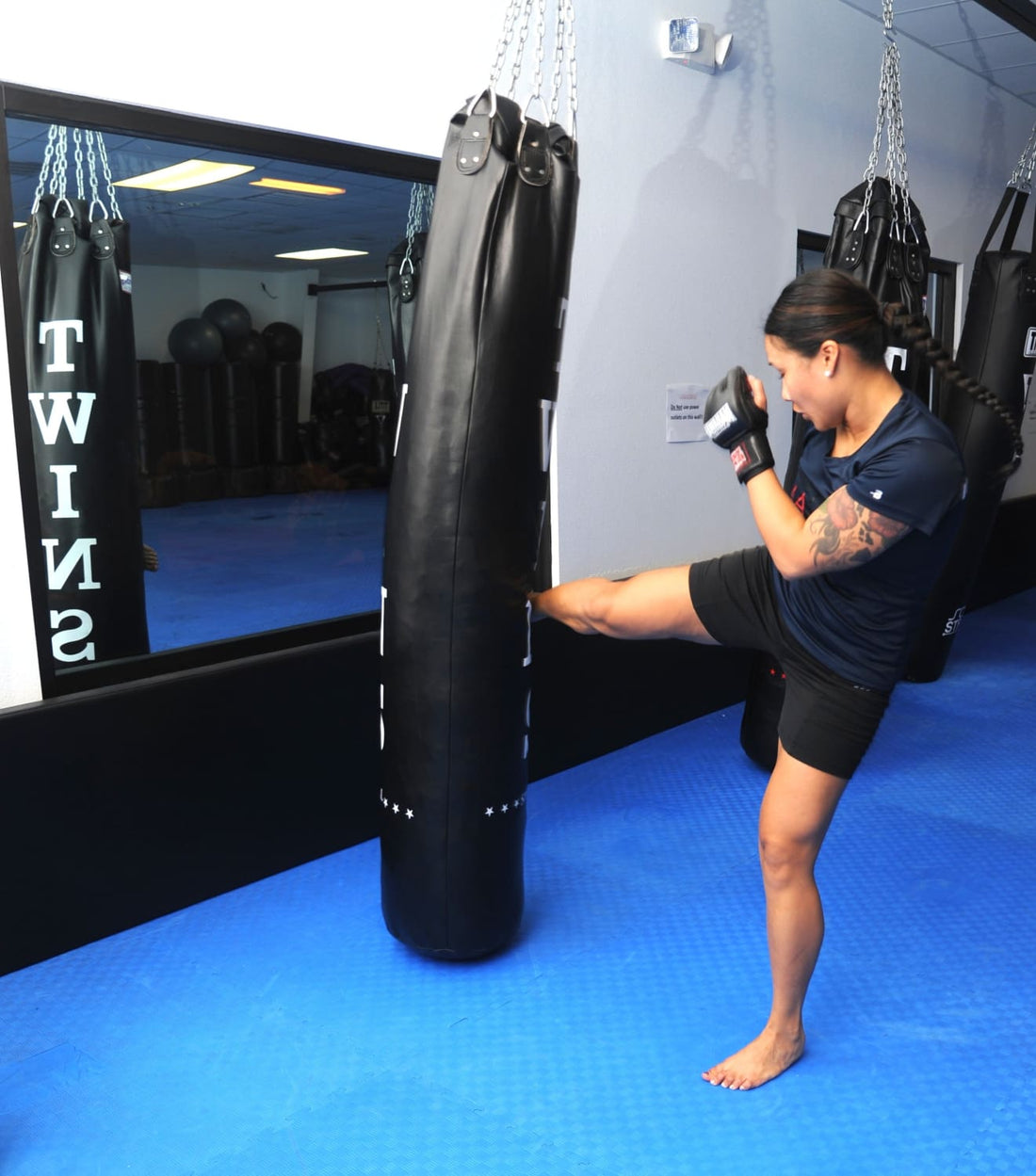The following is a guest post. For the author's name and bio, please see the bottom of the post.
Many people practice martial arts almost exclusively for physical fitness reasons, and these benefits are very well-documented both statistically and anecdotally. But the benefits of martial arts extend well beyond physical fitness into the realm of overall mental and physical wellness.
The ancient Chinese recognized this relationship, which is why many Chinese physicians prescribed kung fu, tai chi, or another martial art form along with other elements of TCM (Traditional Chinese Medicine), such as acupuncture or herbal remedies.
The Two Nervous Systems
To understand this link, it’s important to begin with the two nervous systems that we all have, the sympathetic (“flight or fight”) and parasympathetic (“rest and digest”). We experience the former in stressful situations and the latter to heal. Once upon a time, these two nervous systems were in balance, but now, for many of us, stress is pretty much a way of life.
Fortunately, restoring balance is one of the key objectives of many martial arts forms, most notably tai chi. Since consistently practicing martial arts is the best way to restore this balance, it is important to be aware of some common fitness injuries and how to deal with them. You can read more about some of these conditions like IT band syndrome on this site.
The Mental Element
In a nutshell, the meditation element of martial arts stimulates the parasympathetic nervous system. Chemically, two things occur in the body when this happens.
First, the body produces less cortisol, which is our primary stress hormone. In low and moderate amounts, cortisol is a good thing. But long-term exposure to cortisol has been linked to mental issues like depression and anxiety, as well as physical issues like heart disease and chronic severe headaches.
Second, the body produces more endorphins, which are also known as natural morphine. These hormones mask pain, promote a sense of well-being, alleviate depression, and have other positive effects.
The bottom line is that martial arts combines the less cortisol/more endorphin equation better than many other forms of physical exercise.
Alzheimer’s Disease/Dementia
Once again, to understand how martial arts helps these conditions, it’s best to take a step back first.
At its core, dementia has both mental and physical effects. The source of these mental effects is not well understood, but the physical aspects are fairly clear. Since the mind does not work right, dementia patients lose their sense of space and physical orientation.
We’ve already looked at the mental aspects of martial arts. But there are also significant benefits in terms of balance, spatial awareness, and body control. As a result, many forms of martial arts significantly ease dementia symptoms and thus significantly improve quality of life for both dementia sufferers and their caregivers.
Social Benefits
Loneliness is a significant problem for seniors, as even some married seniors say they feel alone most or all of the time. Martial arts addresses these concerns as well.
Study after study has shown that one thing happy people have in common is that they are around other happy people. A dojo is a great place to find people who are physically active and full of endorphins, so it’s almost inevitable that your mood will improve with each visit. As an added bonus, the individuals at the dojo probably have roughly the same values you do, so it’s easier to establish friendships.
At the same time, martial arts also encourage individual mental growth. So, in addition to being a social destination, the dojo often serves as a springboard for people to look outside themselves and cultivate healthy relationships in places that they may have overlooked before. In the end, it all goes back to the balance element that opened this article.
These wellness benefits are yours for the taking, but they are only theoretical until you become a martial arts student.
Jessica Hegg is the content manager at ViveHealth.com. Interested in all things related to living a healthy lifestyle she works to share valuable information aimed at overcoming obstacles and improving the quality of life for others.

